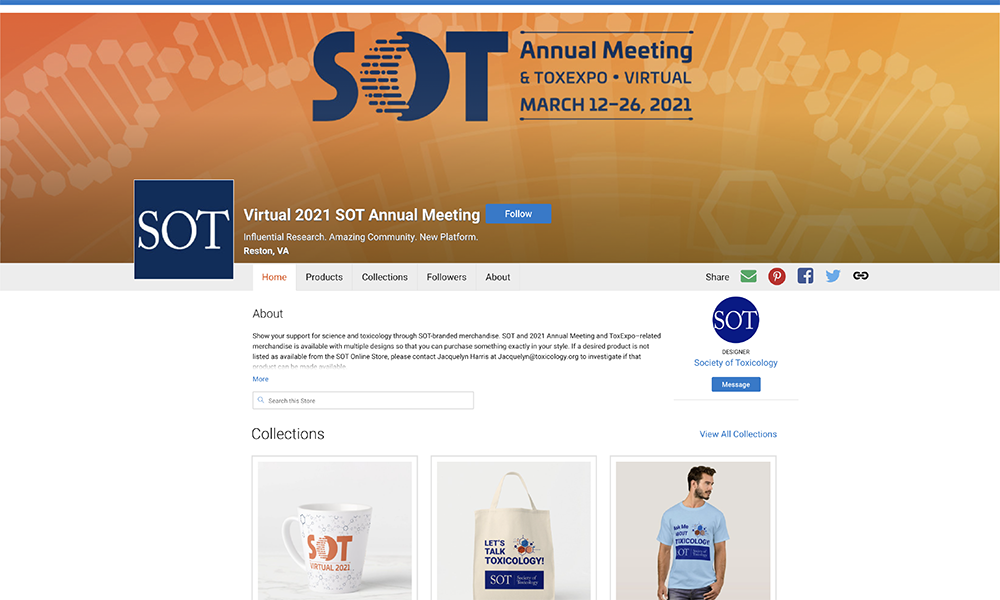The Love Monster And You: Exploring The Dynamics Of Inner Conflict

Table of Contents
Identifying Your "Love Monster": Understanding the Nature of Inner Conflict
The "Love Monster" is a metaphor for the self-sabotaging behaviors driven by inner conflict. It represents that part of us that, despite our best intentions, prevents us from achieving happiness and fulfilling relationships. This inner conflict arises from a clash between our desires, fears, and beliefs, often stemming from unresolved past experiences.
Common manifestations of this inner conflict include:
- Fear of intimacy: A deep-seated fear of vulnerability and emotional closeness, leading to avoidance of meaningful connections or pushing partners away. This fear often stems from past relationship traumas or insecure attachment styles.
- Perfectionism: An unattainable standard of excellence that leads to chronic stress, self-criticism, and procrastination. The pursuit of flawlessness masks deeper insecurities and prevents enjoyment of accomplishments.
- Low self-esteem: A negative self-image that undermines confidence and fuels self-doubt. This can manifest as feelings of inadequacy, unworthiness, or a constant need for external validation.
- Negative self-talk: A constant stream of critical and self-deprecating inner dialogue that reinforces negative beliefs and hinders personal growth. This inner critic often sabotages efforts toward self-improvement and happiness.
Here are some examples of how the Love Monster manifests:
- Self-sabotaging behaviors in relationships: Choosing unavailable partners, constantly picking fights, or creating unnecessary drama to avoid intimacy.
- Self-sabotaging behaviors in personal goals: Procrastination, self-doubt leading to inaction, or setting unrealistic goals to avoid potential failure.
- The link between past experiences and present-day inner conflict: Childhood trauma, negative relationships, or critical parenting styles can significantly contribute to the development of inner conflict and self-sabotaging behaviors in adulthood.
The Roots of Inner Conflict: Exploring Underlying Issues
The psychological basis of inner conflict often lies in unresolved trauma, conflicting needs and desires, and deeply ingrained negative belief systems. These underlying issues fuel the "Love Monster" and perpetuate self-sabotaging cycles.
The inner critic plays a significant role in this internal struggle. This critical voice constantly judges and belittles us, undermining our self-esteem and confidence. It perpetuates negative thought patterns and fuels anxiety and depression.
- How past experiences shape our beliefs and behaviors: Early childhood experiences significantly impact our self-perception and relationships. Negative experiences can lead to the development of unhealthy coping mechanisms and self-defeating beliefs.
- Identifying negative thought patterns and cognitive distortions: Recognizing common cognitive distortions like all-or-nothing thinking, overgeneralization, and catastrophizing is crucial in understanding and managing inner conflict.
- The connection between inner conflict and anxiety, depression, or other mental health challenges: Untreated inner conflict can contribute to or exacerbate various mental health issues. Addressing inner conflict is often a key component of effective mental health treatment.
Taming the Beast: Strategies for Managing and Overcoming Inner Conflict
Managing and overcoming inner conflict requires a multifaceted approach that combines self-awareness, emotional regulation, and practical techniques.
- Mindfulness: Practicing mindfulness helps increase self-awareness of your thoughts and emotions, allowing you to observe them without judgment. This detachment reduces the power of the inner critic.
- Self-compassion: Cultivating self-compassion involves treating yourself with the same kindness and understanding you would offer a friend struggling with similar challenges.
- Cognitive Behavioral Therapy (CBT) techniques: CBT helps identify and challenge negative thought patterns, replacing them with more realistic and positive ones. This process weakens the influence of the inner critic and promotes healthier coping mechanisms.
Here are some specific techniques:
- Mindfulness exercises: Deep breathing exercises, body scans, and mindful meditation help increase awareness of present moment experiences.
- Self-compassion techniques: Practicing self-kindness, common humanity, and mindfulness are essential components of self-compassion.
- CBT techniques: Cognitive restructuring, behavioral experiments, and exposure therapy are effective in challenging and modifying negative thought patterns and behaviors.
- Seeking professional help: A therapist or counselor can provide personalized guidance and support in addressing the underlying causes of your inner conflict and developing effective coping strategies.
Building Self-Compassion: A Powerful Tool Against Inner Conflict
Self-compassion is a powerful antidote to the harshness of the inner critic. It involves treating yourself with kindness, understanding, and acceptance, particularly during times of struggle.
- Self-soothing techniques: Deep breathing exercises, progressive muscle relaxation, and engaging in enjoyable activities can help regulate emotions and soothe inner turmoil.
- Positive self-talk: Actively challenging negative thoughts and replacing them with positive affirmations can gradually shift your self-perception.
- Self-forgiveness: Letting go of past mistakes and accepting imperfection is a crucial aspect of self-compassion. Understanding that everyone makes mistakes fosters self-acceptance and reduces the power of self-criticism.
Conclusion
This article explored the complexities of inner conflict, using the metaphor of the "Love Monster" to illustrate the self-sabotaging behaviors that often stem from this internal struggle. We examined the roots of inner conflict and presented practical strategies for managing and overcoming it through self-awareness, emotional regulation, and self-compassion. Understanding your inner conflict, recognizing its origins, and implementing these techniques are vital steps in building a stronger, healthier sense of self.
Start your journey toward conquering your own "Love Monster" today. Learn to identify your inner conflict, understand its origins, and implement the techniques discussed in this article to cultivate a more peaceful and fulfilling life. Take control of your emotional well-being and begin your path towards lasting inner peace by addressing your inner conflict now.

Featured Posts
-
 Liverpool Awaits Klopp Managers Return Before Seasons End
May 22, 2025
Liverpool Awaits Klopp Managers Return Before Seasons End
May 22, 2025 -
 Chi Sprostit Vidmova Ukrayini U Vstupi Do Nato Plani Rosiyi Schodo Podalshoyi Agresiyi
May 22, 2025
Chi Sprostit Vidmova Ukrayini U Vstupi Do Nato Plani Rosiyi Schodo Podalshoyi Agresiyi
May 22, 2025 -
 Theatre Tivoli Clisson Visite En Images Loto Du Patrimoine 2025
May 22, 2025
Theatre Tivoli Clisson Visite En Images Loto Du Patrimoine 2025
May 22, 2025 -
 Klopp Un Ancelotti Ye Goere Avantajlari Ve Dezavantajlari
May 22, 2025
Klopp Un Ancelotti Ye Goere Avantajlari Ve Dezavantajlari
May 22, 2025 -
 A Better Virtual Meeting Experience Googles Contributions
May 22, 2025
A Better Virtual Meeting Experience Googles Contributions
May 22, 2025
